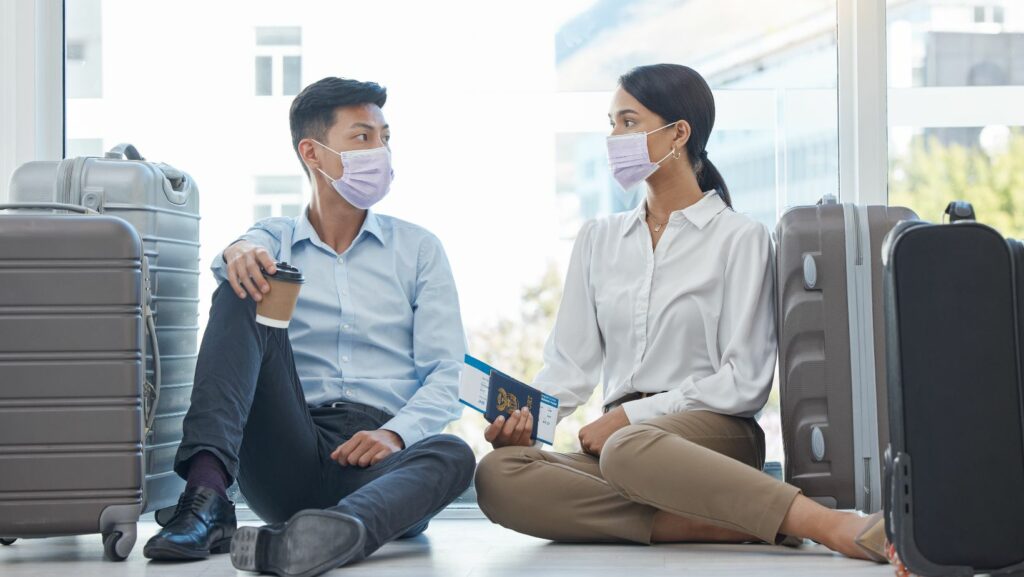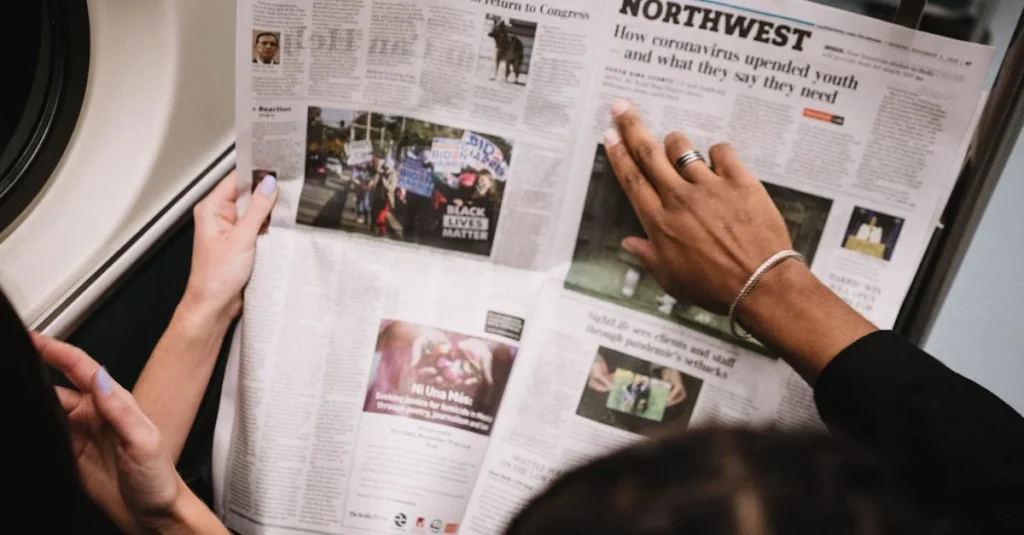Travel has always been a gateway to exploration and connection, but recent developments in travel restrictions are shaking up plans for millions. As countries adjust their policies in response to ongoing global events, travelers find themselves navigating a maze of regulations that can change overnight.
These restrictions not only impact leisure travelers but also affect business trips and family visits, leaving many uncertain about their next steps. Staying informed about the latest updates is crucial for anyone planning to travel, as the landscape continues to evolve rapidly. In this article, we’ll dive into the latest breaking news on travel restrictions and what it means for travelers everywhere.
Breaking News: Travel Restrictions
Recent developments in travel restrictions significantly impact leisure and business travelers. Many countries implement new entry requirements, including health screenings, quarantine mandates, and proof of vaccination. These changes aim to curb the spread of illness and adapt to evolving global health situations.
Travelers should regularly check official government websites for up-to-date information. Some countries may update their policies with little notice, prompting travelers to adjust plans accordingly. For instance, several nations recently announced stricter border control measures due to rising infection rates.
Airlines and travel companies adjust their operations to accommodate changing restrictions. Flight schedules may shift, with certain routes suspended and others added based on demand and regulation changes. Travelers benefit from booking flexible tickets to avoid additional costs caused by unforeseen changes.
Traveling during uncertain times requires careful planning. Currency fluctuations and local safety protocols may introduce further considerations. Staying informed through reliable news outlets helps travelers navigate these evolving restrictions effectively.
Current Restrictions by Region
Travel restrictions vary significantly by region due to ongoing global developments. Staying informed about specific requirements is crucial for all travelers.
North America
Canada imposes restrictions that include proof of vaccination for international arrivals. Unvaccinated travelers face quarantine protocols. The United States requires all non-citizen travelers to provide vaccination proof upon entry. Additionally, some states enforce local mandates, and travelers should check individual state regulations before visiting.
Europe
The European Union has adopted a Digital COVID Certificate, simplifying travel across member states. Most countries in the EU require travelers to present proof of vaccination, recovery from COVID-19, or a negative test result. Some nations, such as Italy and France, maintain stricter measures, requiring masks in public transport and certain indoor venues. Travelers should consult country-specific guidelines as they can change frequently.
Asia
Asia’s travel restrictions vary widely. Countries like Japan and South Korea require vaccination proof and negative test results for entry. In contrast, Thailand has relaxed its entry rules, allowing vaccinated visitors to enter without quarantine. However, ongoing surveillance and health monitoring are mandatory. Travelers must review destination-specific regulations frequently to ensure compliance and avoid surprises.
Impacts on Travel Industry
Travel restrictions significantly influence the travel industry, reshaping dynamics across various sectors. Airlines, hospitality, and tourism sectors face notable changes as policies evolve.
Airlines and Hospitality
Airlines adjust operational strategies to accommodate new travel restrictions, affecting flight schedules and capacity. Reduced passenger demand leads to increased flight cancellations and delays. Many airlines implement flexible booking policies, allowing travelers to modify or cancel trips without incurring fees. The hospitality sector sees occupancy rates decline as international travel decreases, prompting hotels to offer promotional rates and packages to attract local visitors. Enhanced health protocols in accommodations aim to reassure customers, impacting overall guest experience and service offerings.
Tourism and Local Economies
Tourism experiences substantial setbacks due to travel restrictions, particularly in heavily visited areas. Decreased visitor numbers result in lower revenue for local businesses, including restaurants, shops, and attractions. Economic impacts extend to employment, with many workers facing reduced hours or layoffs. Regions reliant on tourism must adapt by promoting domestic travel and local experiences. Governments introduce stimulus packages aimed at revitalizing tourism and supporting impacted businesses, focusing on sustainable travel initiatives to encourage safe exploration of local attractions. Local economies restructure to prioritize resilience against future disruptions, emphasizing diversification and adaptability.
Traveler’s Guide to Navigating Restrictions
Travelers face a rapidly changing environment as restrictions evolve globally. Staying proactive and informed ensures a smoother journey during uncertain times.
Tips for Safe Traveling
- Stay Informed: Check the latest regulations from official sources, including government health websites. Laws can change quickly, impacting travel plans.
- Plan for Flexibility: Opt for tickets and accommodations that allow modifications without hefty fees. This reduces stress from sudden changes.
- Pack Essential Items: Include masks, hand sanitizer, and hygiene wipes in luggage. These items promote safety in various travel scenarios.
- Understand Local Guidelines: Familiarize yourself with health protocols specific to the destination, such as mask mandates or social distancing measures. Adhering to local guidelines helps ensure safety and compliance.
- Consider Travel Insurance: Select coverage that includes pandemic-related issues. Travel insurance can protect against cancellations or unforeseen medical expenses.
- Limit Exposure: Choose off-peak hours for travel and avoid crowded places whenever possible. Reducing interactions enhances health safety during your trip.
- Government Websites: National and regional government websites are primary sources for the latest travel advisories, entry requirements, and health guidelines.
- CDC and WHO: The Centers for Disease Control and Prevention (CDC) and World Health Organization (WHO) provide critical health information and updates on global travel risks.
- Airline Communications: Airlines often update travelers on specific policies regarding COVID-19 regulations and flight schedules.
- Travel Apps: Utilize travel apps that aggregate real-time data on restrictions, safety measures, and entry requirements for various destinations.
- Local Authorities: Destination-specific tourism boards and local government pages offer tailored updates regarding health protocols and travel advisories.
- Social Media Platforms: Follow reputable travel organizations and journals on social media for breaking news and ongoing updates regarding travel restrictions.
Staying Informed
As travel restrictions continue to evolve travelers must remain vigilant and adaptable. Staying informed through official channels is essential for navigating these changing landscapes. Flexibility in travel plans and awareness of local guidelines can significantly enhance the travel experience during these uncertain times.
The travel industry is resilient and innovative responses are emerging to address current challenges. By prioritizing safety and staying updated on regulations travelers can make informed decisions and enjoy their journeys despite the ongoing shifts in travel policies. It’s crucial to embrace the journey with an open mind and a proactive approach.



